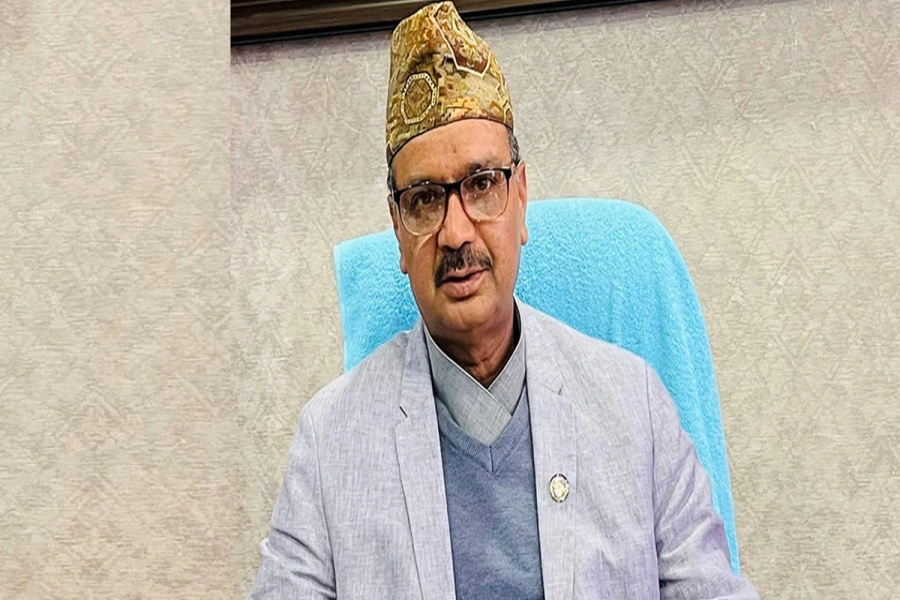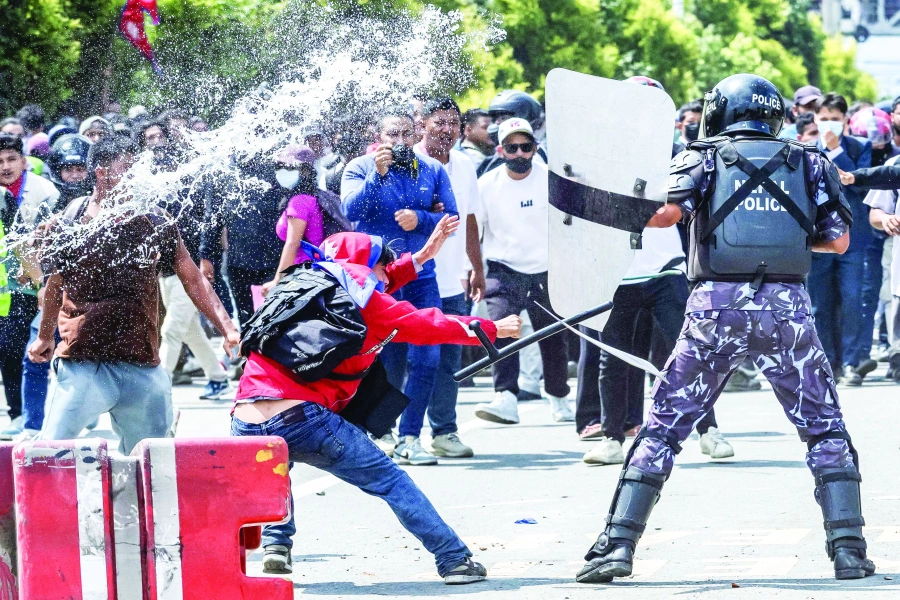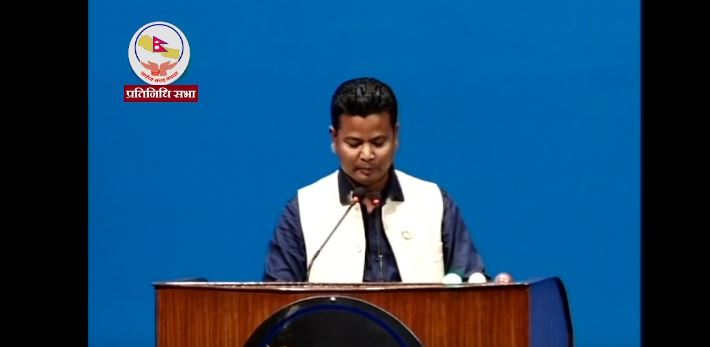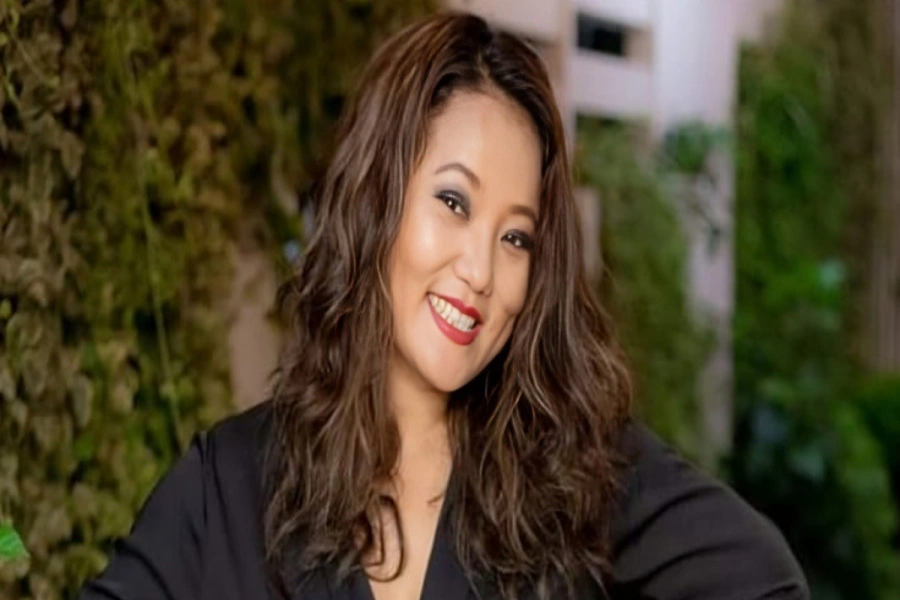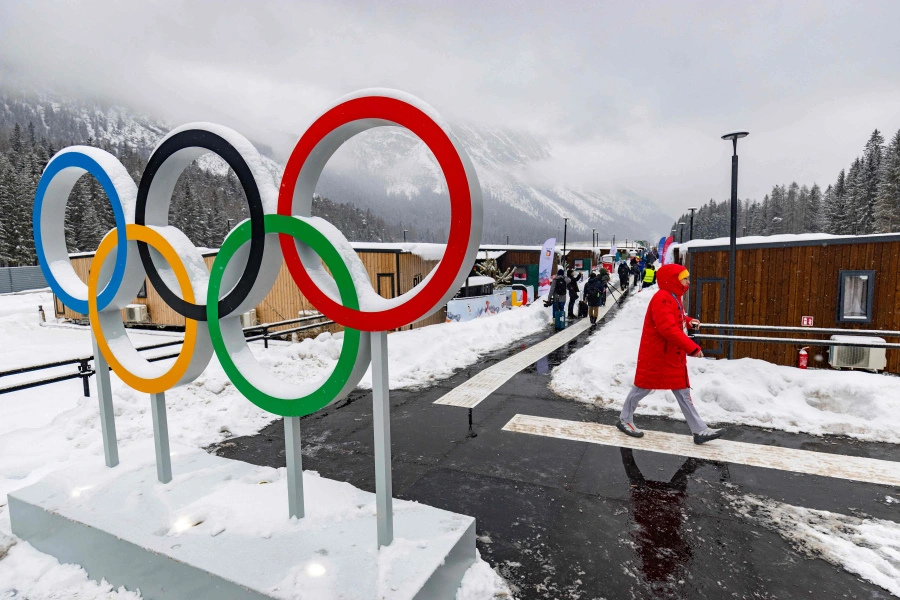WELLINGTON, Sept 19: A teenage thrash metal band screams out Maori lyrics in its latest videos. A popular radio host is learning New Zealand's indigenous language and sharing new vocabulary with his audience.
And residents of Merivale Retirement Village in Christchurch are studying Maori, greeting one another in the language that had been unspoken by most of them.
"It's one of the great regrets of my life, that I haven't been able to speak Maori or understand it," said one resident, Nancy Rogers, 93, who is Pakeha, the widely used Maori word for a New Zealander of European descent.
Maori is having a revival across New Zealand. Indigenous people are increasingly embracing their language, rejecting generations of stigma and shame associated with its use. And white New Zealanders are looking to Maori language and culture to help them make sense of their own cultural identity.
"This is the new New Zealand," said Ella Henry, a Maori studies lecturer at Auckland University of Technology. "It's not a blip in the cultural landscape. This is what New Zealand is becoming: a truly integrated place."
As of 2013, just 3.7 per cent of New Zealanders spoke the language fluently, and many predicted that it would soon die out. But analysts say Maori's status is shifting, and a basic knowledge of the language has come to signify cultural cool in a country that continues to wrestle with its colonial and indigenous roots.
Now the government led by Prime Minister Jacinda Ardern and Deputy Prime Minister Winston Peters, who is of Maori descent, says it wants more than 20 per cent of the country's population to speak basic Maori by 2040. It has pledged to provide Maori lessons in all New Zealand schools by 2025, despite a dearth of teachers who can speak the language.
Maori revitalisation is also part of a broader renaissance for indigenous cultures globally, which in some countries includes support for indigenous news media and a revival of traditional religions. Henry said countries like Canada were watching New Zealand to see how its gains had been achieved.
It's a story of both organic growth and government action.
Pak embassy organizes poetry symposium — Aalmi Mushaira: Urdu,...
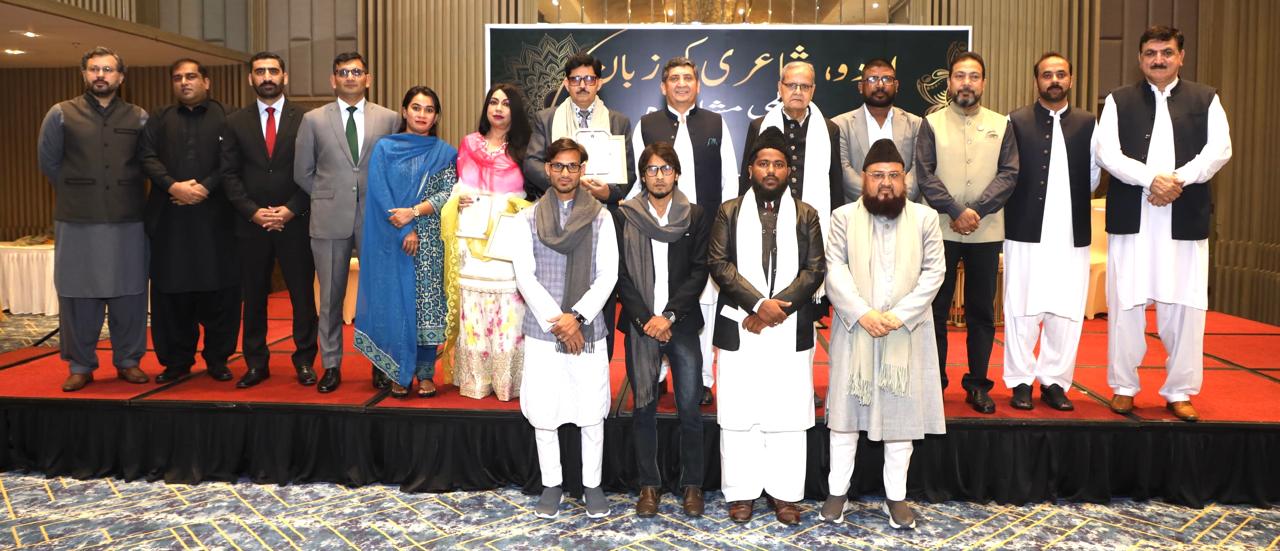
A "Maori renaissance" blossomed in the 1970s as language activists championed their cause and Maori fought for greater political representation, denied since New Zealand was colonised by the British in the 19th century. The movement has gathered pace in recent years, with greater visibility and government efforts to support language instruction leading to shifts in day-to-day communication.
But it's also spread by word-of-mouth — literally. Answering the phone with the greeting "kia ora" (hello) or signing off an email with "nga mihi" (thanks) has become increasingly common. Some New Zealanders refer to social media followers as "whanau" (family). And even non-Maori speakers of an older generation might refer to "getting some kai," or food.
Ardern, who said last month that her newborn daughter would learn both Maori and English, is a high-profile champion.
"It is an official language, so why should we bat an eyelid at its universal availability and its much more common use?," said Ardern, adding that she also planned to study the language. "That's as it should be."
Maori also has a growing place in New Zealand's mainstream popular culture. Alien Weaponry, a thrash metal band, released an album in the language this year, and last September, a Maori-language version of the Disney film Moana screened for one day around New Zealand to sellout crowds.
"This wonderful movement happening across the country shows the fluid nature of cultural identity," said Henry.
For many Merivale Retirement Village residents, Maori was rarely seen or heard in their childhoods. In the 20th century, Maori children were often disciplined for speaking it at school. Now, up to 35 residents at the retirement village meet each morning to greet one another in Maori and practice the language with activities like naming the parts of the body.
Kathy Fitzell, 75, a Maori resident at Merivale, has a fraught history with the language. Her parents spoke Maori at home, but she was uncomfortable using the language in public.
"They used to abuse us a lot," she said of white New Zealanders, "because they didn't know what we were talking about, so I just went right off speaking Maori."
But now her grandchildren are learning the language, and she welcomes the chance to reconnect with it.
At 15 per cent of New Zealand's population, Maori are the country's second largest ethnic group, after Pakeha — a dynamic that Henry said had helped them attain political clout, even though many do not speak the language. In 1996, a quarter of Maori said they could hold a conversation about everyday things in the language. That had fallen to 21.3 percent in 2013.
There has been some pushback to the language revival, however.
Proposals to officially replace English-language place names with traditional Maori ones have prompted heated debate. And efforts are sometimes criticised as condescending. When a police car was designed using Maori language and artwork, it was denounced by some as insensitive because of the higher Maori rates of arrest and imprisonment.
Division over the language is also writ large in audience feedback to a morning radio news show on the public broadcaster. One of the hosts, Guyon Espiner, 47, is a white man who had "very, very limited" knowledge of Maori people, language or culture until he married a Maori woman.
The pair decided that their daughter should know the language, and Espiner also started learning it. He now gives place names, days of the week, traffic updates and weather forecasts in Maori, and then repeats them in English — a move that has been polarising.
"Some people get very hostile and very angry," said the host, who has been told that he was speaking "like a monkey" or "gibberish".
"They somehow think that their world is changing," Espiner said of those criticising his use of Maori. "It may remind them of something unpleasant in our past that they want to ignore."
These days, listeners more commonly say he is inspiring them to learn the language. But with such a small percentage of the population able to speak it, teachers are in short supply. Lessons for adults are increasingly oversubscribed; one free class in Christchurch in May attracted more than 600 students.
Scotty Morrison, a Maori language teacher who co-wrote the book Maori at Home estimates that the next round of official figures will show a higher number of Maori speakers, and he said there could come a time when more non-Maori people than Maori speak the language at some level.
For many, like Janell Dymus, 25, who is Maori, that would amount to a long-overdue mark of respect.
She calls herself a "product of the Maori renaissance." Educated at a Maori-language immersion school, she works in public health and as an activist mobilising Maori youth on political issues in Auckland, New Zealand's largest city.
Some days it is noticeably easier to be Maori, while other days are still a fight, she said, citing the higher rates of incarceration and poverty and worse health outcomes among indigenous New Zealanders.
Dymus said that use of the language was a first step to addressing social imbalances, and that anything reducing stigma around Maori was worth trying.
"No matter how tokenistic it is," she said, "the language uptake has to happen first."




